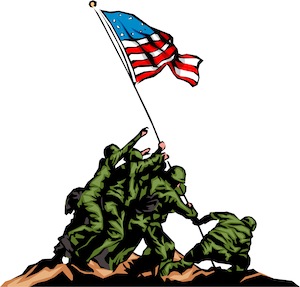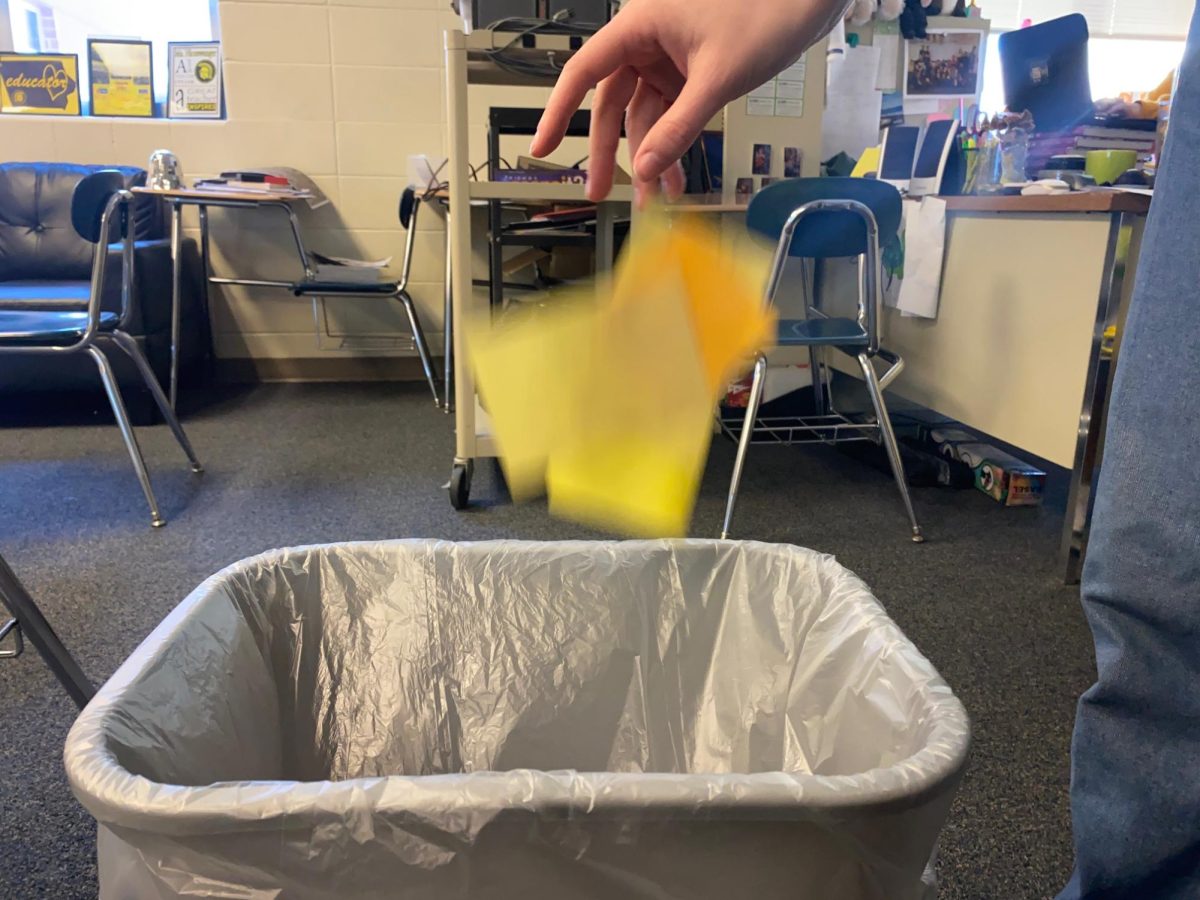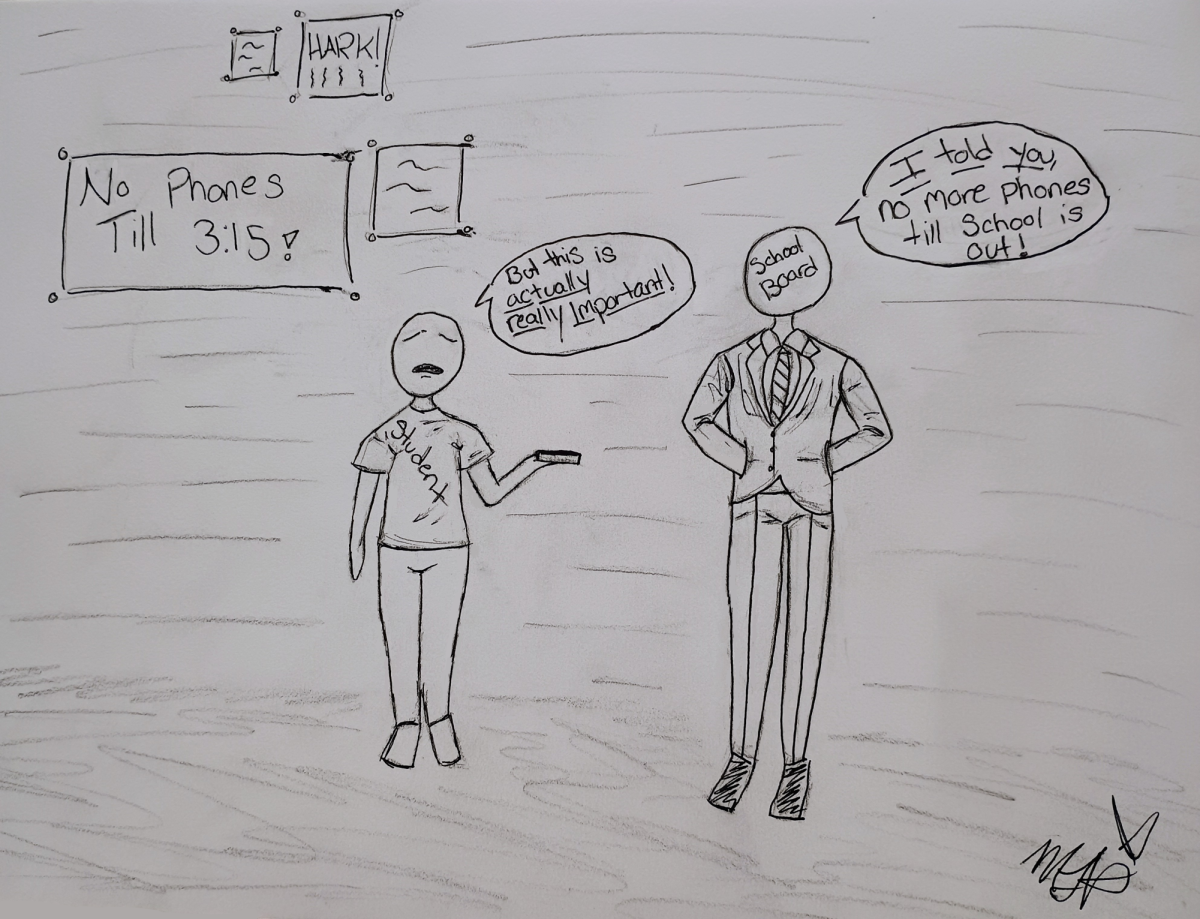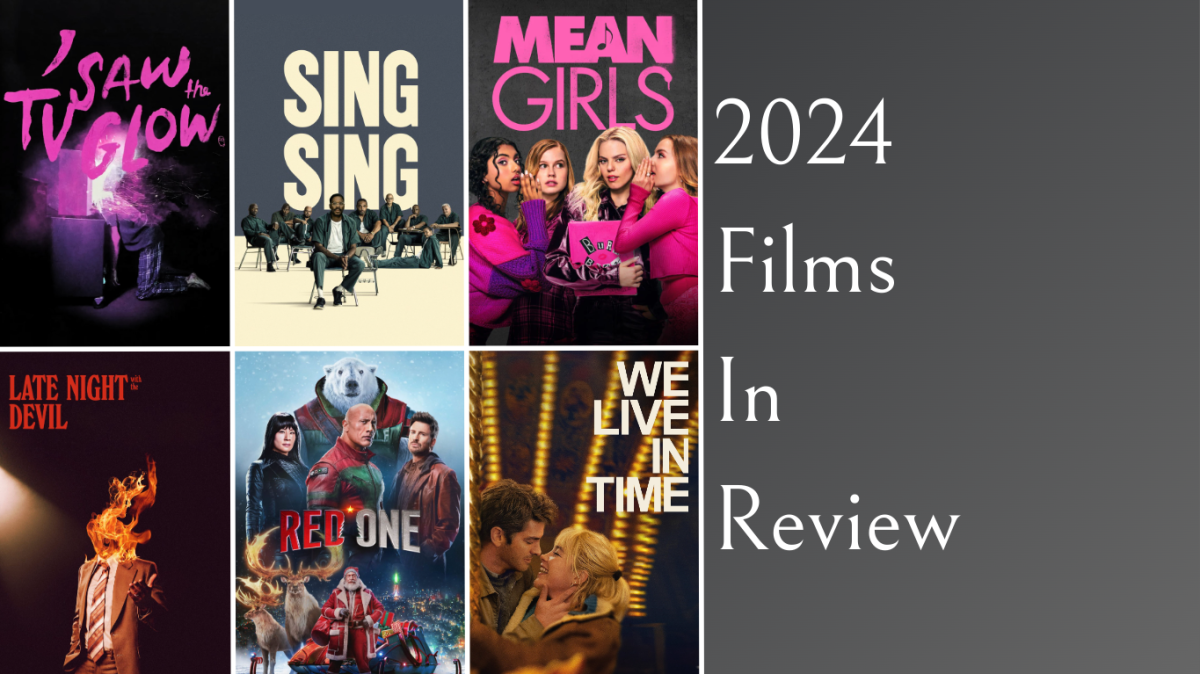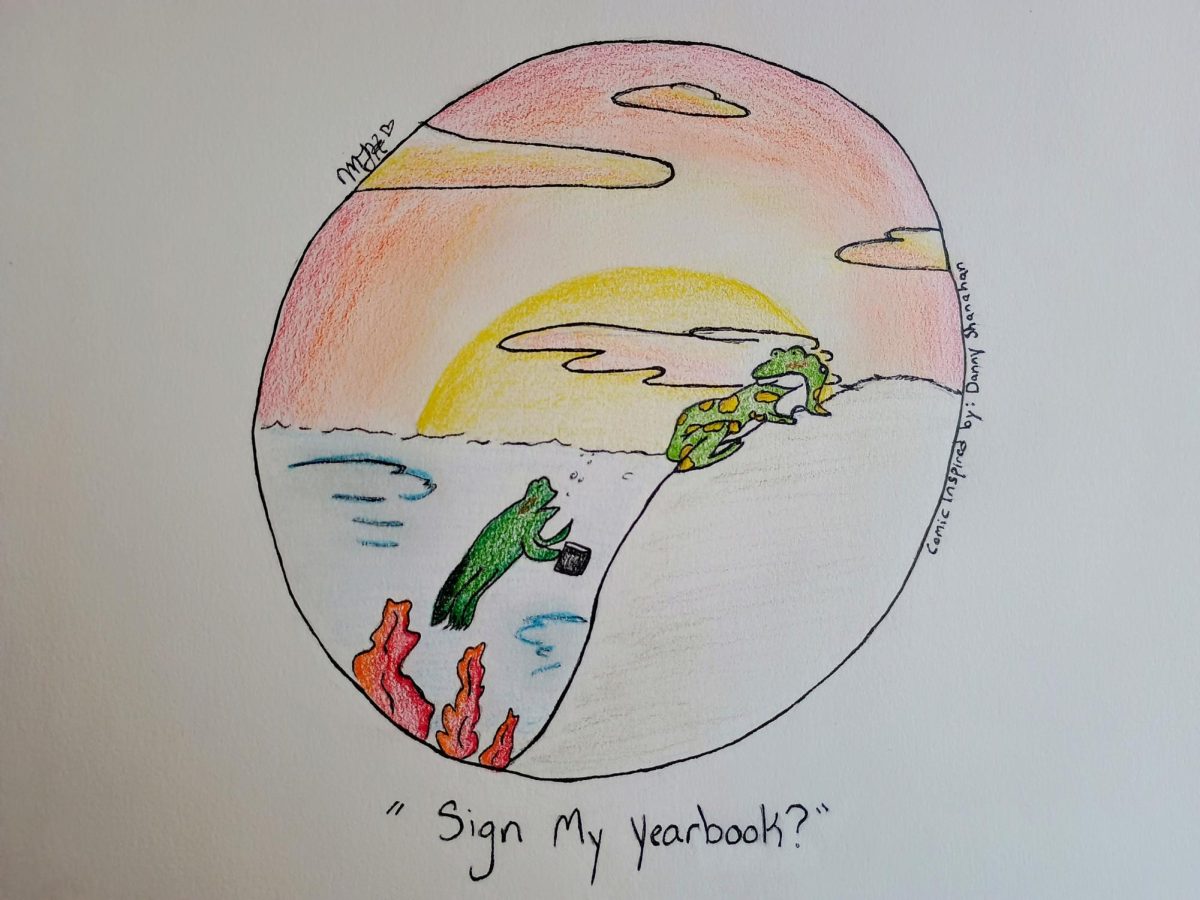OPINION – By Zoe Krueger
We’ve been hearing about our soldiers in battle for years now. For as long as the US had been involved in middle east conflict, you’d think we’d all be knowledgeable about what is going on.
I received a message from Nate Allen, a 2006 graduate and soldier from Atlantic, suggesting that a story should be done about how much we actually don’t know about our troops’ situations. I was intrigued instantly, simply by the fact that I myself was unsure. I put together four general questions, then journeyed through the high school, prompting students to take several minutes to fill out the sheets, and telling them I’d be back around to pick them up.
I found out quickly that it wasn’t as easy as I thought to find willing students. After being shot down several times, I began to feel a slight frustration. Why wouldn’t these students take two minutes out of their day to think about the people that are risking their lives every moment so they can continue to goof off at school? To those of you who accepted, I thank you. To those who said no, looked the other way, or told me to ask someone else, I don’t.
The first question: How many soldiers would you guess are overseas in battle?
The answers were a wide range, anywhere from 2,000 to 14 million. The most collected answer was 500,000. Senor Fallon answered, “No idea,” and junior Ryan McDermott wrote, “2,323, no more, no less.”
Mr. Peterson, of the AHS history department, said that there are 250,000 troops overseas, and of those, 50,000 are in Iraq, and a estimated 100,000 in Afghanistan.
Question two: What do you think are the reasons we are engaged in Afghanistan, Iraq, Iran, and most recently, Libya?
Again, the answers were greatly different. Some said fighting communism, others to stop terrorists. Freshman Garrett McConnell replied, “to protect our oil,” which was an answer that posed a question, whose oil is it? EJ Vonweyhe, freshman, said, “to help keep control and help be a world power.” Are we trying to become a “world power”? Ethan Westering, junior, gave an educated guess. He wrote, “Afghanistan-fighting Taliban. Iraq-Eliminating Taliban. Iran-nuclear power struggle. Libya- Mammar Gadaffi (get rid)- and reinforce new changes.” Garrett Eblen, a senior in government class, answered, “used W.M.D. as excuse to go after [Iraq’s] leaders, overthrow government; nursing them in democracy.”
Mr. Peterson explained that in Libya, we have no troops but we are helping pro-democracy protestors. In Iraq and Afghanistan we are fighting against terrorism. He stated that we are not in Iran at all.
Third question: Does it bother you that you may not actually know the facts about what is taking place with our soldiers?
The answers to this question were a variety of yes and no’s, along with some “somewhat” and “a little bit”. Garrett Eblen wrote, “No, actions speak louder than words.” Chad Olsen, senior, replied, “No, as long as progress is being made to leave.” Senor Fallon said, “Nothing new about this. It’s just constant dis-information.” Is he right? Are we constantly told things about our country’s heros that are false? Paige Sornsen, freshman, wrote, “I think that they should tell us more.” Those who said “yes” include seniors Alex Cole, Sasha Barber, Andrew Poore, and Daniel Ellings, and freshman Benton Gearhart.
Final question: What would you say, given the chance to speak with a man or a woman who has been fighting for our country?
The thank yous were unanimous, students such as Alex Cole, Paige Sornsen, Daniel Thompson, Patrick Towne, Luke Karamitros, Noah Welter, and Tyler and Dylan Christiansen wrote that they are proud of them and of the thanks they’d give. I was surprised to also read questions written. Ethan Westering would ask, “What is going to come of all of this?” He also wrote he would honor them. Matt Davidson, freshman, would ask what it was like. Nick Schuler, junior, said, “Thank them, and ask them how they felt about what was going on.” Benton Gearhart, freshman, posed the question, “Are you sick of fighting?”
Meghan Planbeck, freshman, said, “I would be really appreciative of it because my dad was deployed and I know how hard it can be.”
Though thank you really is the easiest way to express our gratitude, and used often, it’s still nice to hear. Sasha Barber, senior, wrote, “Thank you so much for fighting for our country.” Ben Nelson, sophomore, said he would thank them so much for what they do and tell them how much respect he has for them. Kelsey Hamilton, freshman, praised, “Thank you, and without a doubt it’s the best thing they could be doing.” Ryan McDermott, junior, stated, “I’d thank them for helping in such a big way and wish them luck in the times to come.” I myself would share my appreciation of their hard work and sacrifice to make this world a better place, and remind them that they are the greatest of all heroes.
To find out more about the situation in the Mideast, Liz Davidson researched and found sites that can provide information to you.

